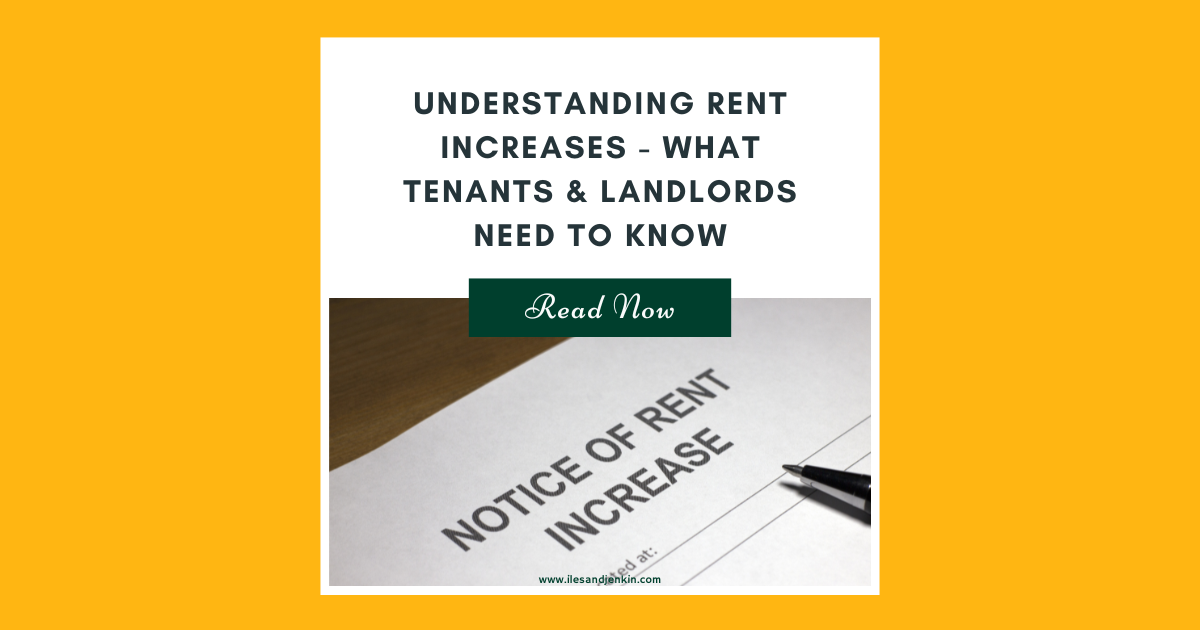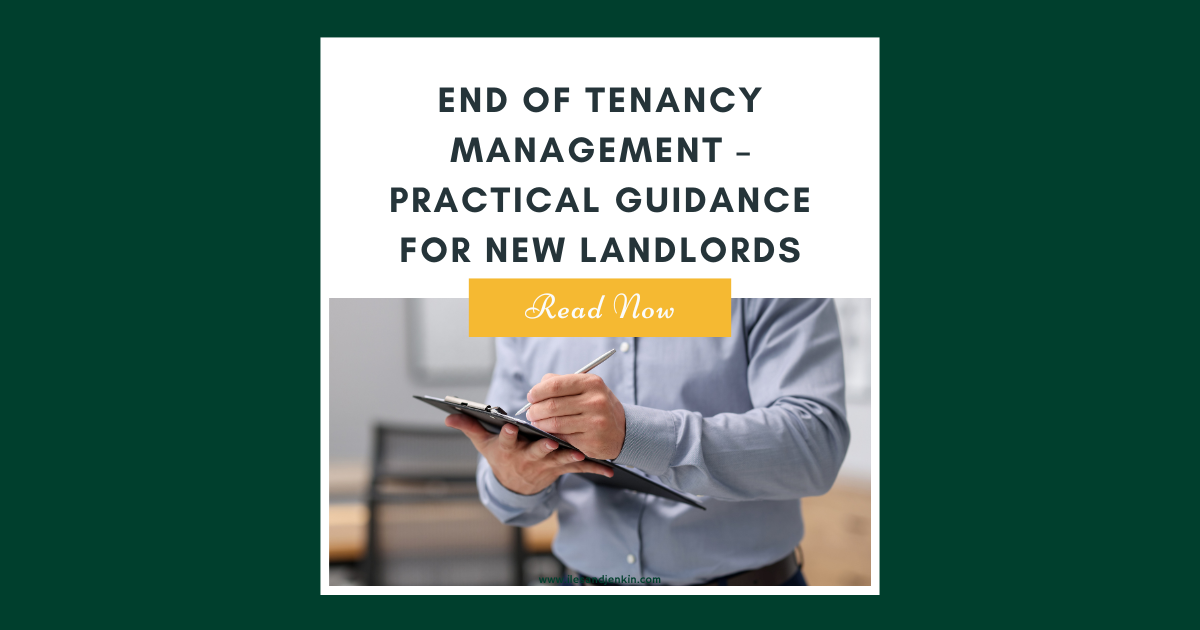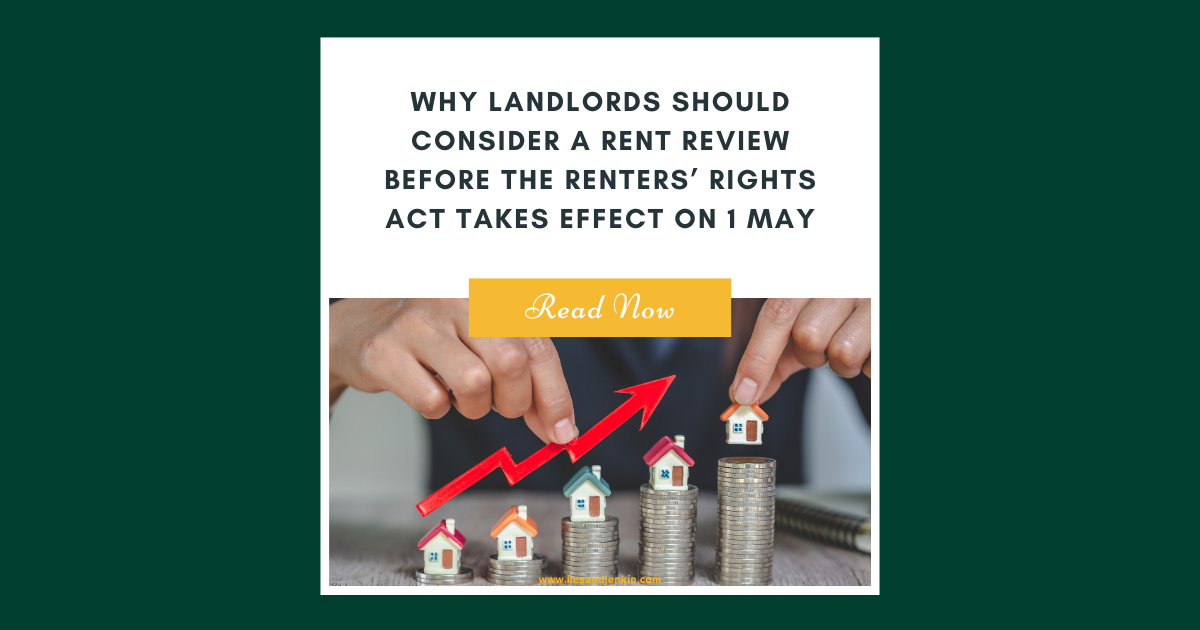Understanding Rent Increases: What Landlords and Tenants Need to Know
Whether you're a tenant or a landlord, it's important to understand when and how rent can be increased legally and fairly. Here’s a quick guide to the rules around rent increases in both fixed-term and periodic tenancies.
When Can Rent Be Increased?
For Periodic Tenancies
If your tenancy rolls on a weekly or monthly basis, your landlord can usually only increase the rent once per year - they do not necesssarily need your agreeement for this, as it is their right to do so. However, if they look to increase more than once per year, this must usually be done with your agreeement.
For Fixed-Term Tenancies
If you're in a fixed-term contract (e.g., a 12-month lease), the rent can’t be increased during the term unless you agree. If you don’t, the landlord must wait until the fixed period ends.
Key Rules for All Rent Increases
Regardless of your tenancy type:
Rent increases must be fair and reflect local market rates.
Your landlord must follow any rent review procedures outlined in your tenancy agreement.
Any increase above what was agreed requires your consent.
How Must a Landlord Propose a Rent Increase?
If there’s no agreed process in your contract, a landlord can:
Offer a new tenancy agreement with updated rent terms at the end of the current term.
Agree a rent increase with you in writing, signed by both parties.
Use a formal “Landlord’s notice proposing a new rent” form (Section 13 notice - usually for assured periodic tenancies) after the fixed term ends.
Notice Periods for Rent Increases
Monthly or weekly tenancies: At least one month’s notice is required.
Yearly tenancies: A minimum of six months’ notice is needed.
If you're unsure about a proposed rent increase or would like help reviewing your tenancy agreement, our experienced team at Iles and Jenkin is here to help. Get in touch today for friendly, expert advice.
📞 01934 512537
📧 lettings@ilesandjenkin.com



 By
By 
 posted by
posted by 


Share this with
Email
Facebook
Messenger
Twitter
Pinterest
LinkedIn
Copy this link